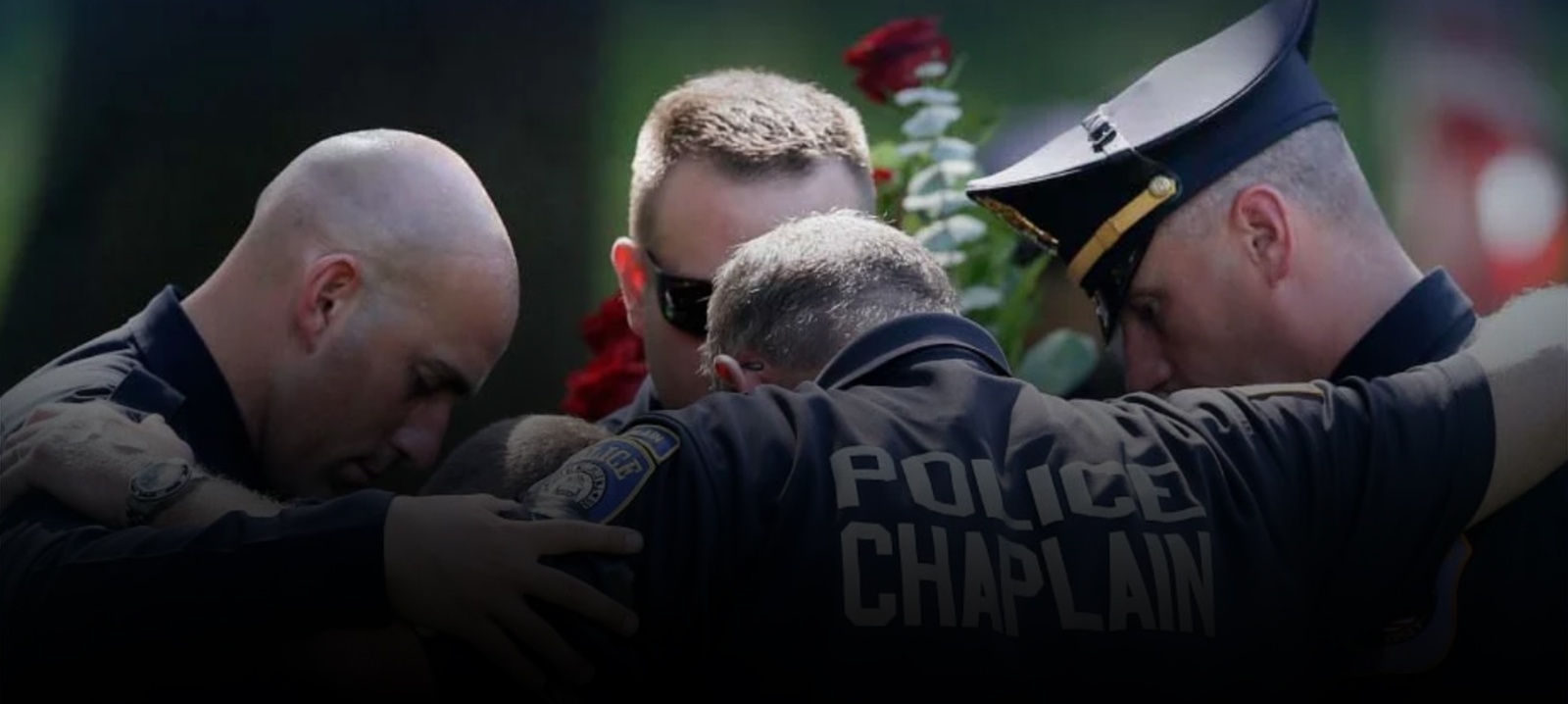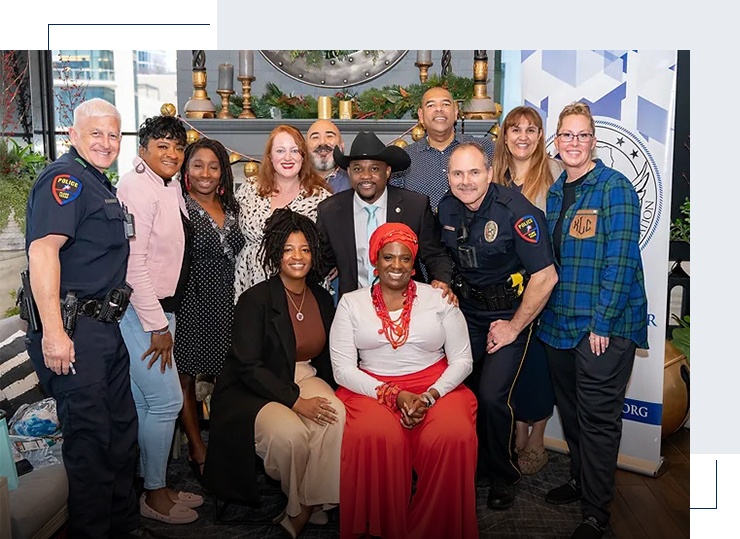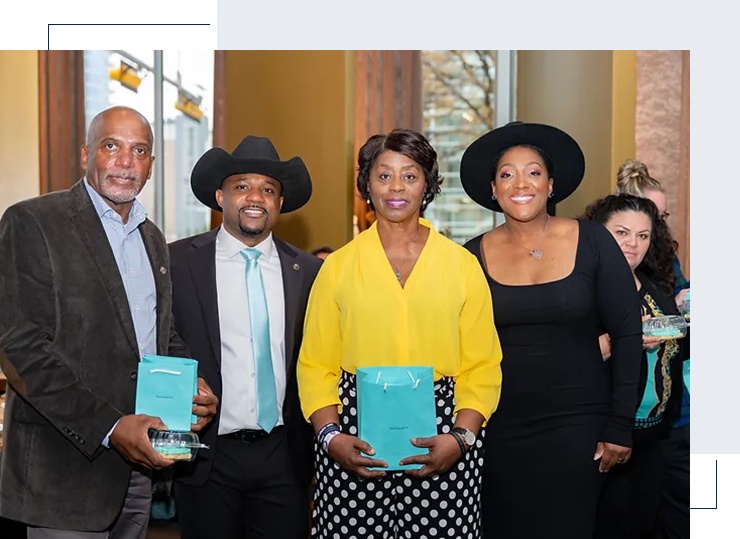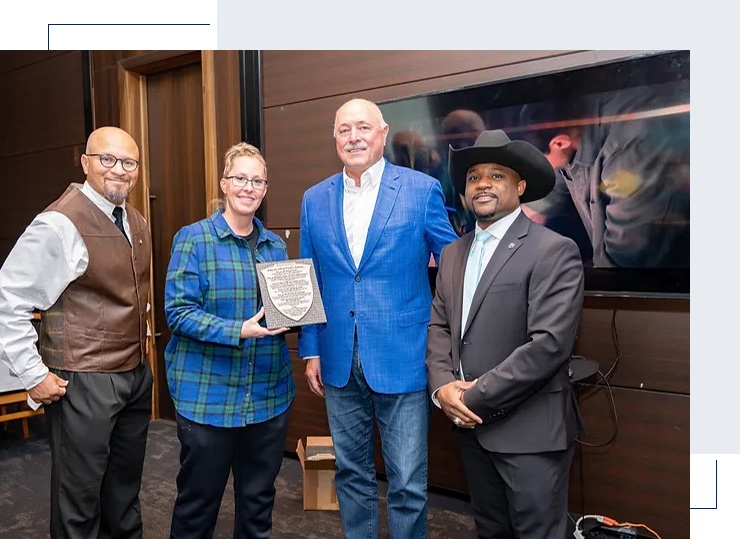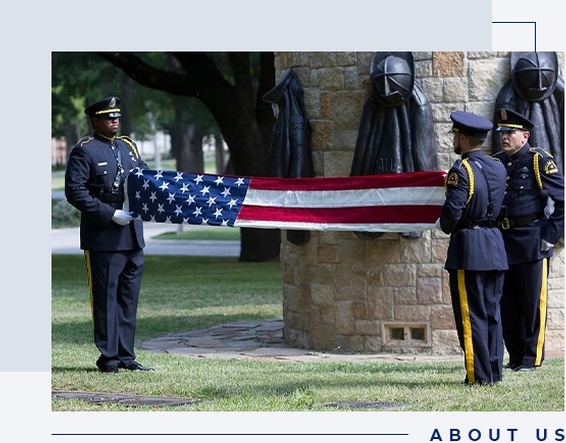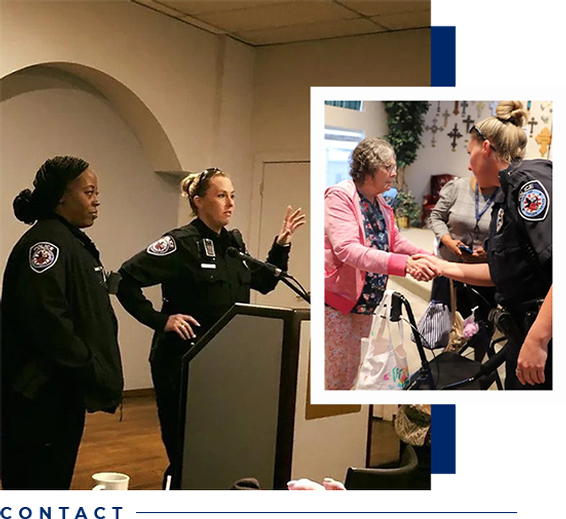North Texas fallen officer organization responds to increase in officer deaths, critically injured on duty

Honoring Sacrifice & Providing Support
Texas Fallen Officer Foundation is a 501(c)(3) police-support organization dedicated to supporting the families of fallen officers in Texas. Committed to honoring the brave men and women who have made the ultimate sacrifice, we provide essential support and assistance to their families during their time of need. We understand the profound emotional and financial impact that losing a loved one in law enforcement can have on a family. Our mission is to offer unwavering support, compassion, and resources, ensuring these families are not left to face challenges alone. Additionally, we host annual events that bring families together, fostering social connections and helping them cope with their grief.

Need Support for a fallen officer
Empowering Families of Fallen Officers:
Financial & Emotional Support

As a leading organization, we understand the immense challenges faced by the families of fallen police officers. That's why our charitable efforts focus on providing comprehensive support. The Texas Fallen Officer Foundation offers financial assistance to ensure these families are not burdened with financial hardships during their time of grief. Through grants, scholarships, and other forms of aid, we aim to alleviate financial strains and provide a sense of stability in coping.
Our commitment goes beyond financial support. The Texas Fallen Officer Foundation serves as a beacon of hope and a pillar of emotional strength. We offer a range of programs and resources to help families navigate the complex emotions that come with loss. Our counseling services, support groups, and other emotional support initiatives provide a safe space for healing, allowing families to find solace and guidance on their journey toward rebuilding their lives.
As part of our dedication to honoring fallen officers and supporting their families, we organize uplifting social events and exclusive getaways to aid families in overcoming their grief. These meaningful gatherings provide a supportive environment for families to connect, share their experiences, and find solace. They offer opportunities for emotional healing, create lasting bonds, and help families navigate their grief together.
Community Engagement
The Texas Fallen Officer Foundation organizes community engagement events to unite residents and law enforcement. We believe collaboration builds trust and enhances safety. Events like neighborhood picnics, clean-up days, and workshops promote dialogue and mutual understanding. By fostering these connections, we aim to create safer, more supportive communities where everyone can thrive together.

Why is it important to support our police?
Supporting our police officers and their families following a line-of-duty tragedy is not only a moral imperative but also a critical step towards ensuring the safety and well-being of our communities.
Firstly, police officers dedicate their lives to protecting and serving our communities. They face numerous risks and challenges daily, often putting themselves in harm's way to maintain public safety. When a tragedy strikes and an officer loses their life in the line of duty, it is a stark reminder of the sacrifices made by these brave men and women. Supporting their families in such times acknowledges and honors these sacrifices, showing gratitude for their service and commitment.
Police Survivors Events
At Texas Fallen Officer Foundation the Annual Police Survivors Dinner, we come together as a community to show unwavering support for the families of fallen officers. This solemn and uplifting event is dedicated to honoring the memory, sacrifice, and legacy of our brave law enforcement heroes. The Annual Police Survivors Dinner is organized by the Fallen Officer Foundation in Texas, a charity committed to providing support for families of fallen police officers.
Each year, the Texas Fallen Officer Foundation hosted a private event in celebration of police widows in Texas.
In recognizing that Christmas is the most difficult time of the year for these families, we bring all of them together to allow them to socialize and enjoy holiday gifts and dinner. This event helps families cope with their losses and reminds them that they are not forgotten.
Why is it important to support our police?
Supporting our police officers and their families following a line-of-duty tragedy is not only a moral imperative but also a critical step towards ensuring the safety and well-being of our communities.
Firstly, police officers dedicate their lives to protecting and serving our communities. They face numerous risks and challenges daily, often putting themselves in harm's way to maintain public safety. When a tragedy strikes and an officer loses their life in the line of duty, it is a stark reminder of the sacrifices made by these brave men and women. Supporting their families in such times acknowledges and honors these sacrifices, showing gratitude for their service and commitment.
Secondly, providing support to the families of fallen officers is essential for fostering resilience within the law enforcement community and beyond. Losing a loved one, especially under such circumstances, can have profound emotional and financial impacts on a family. By offering assistance, whether through financial aid, emotional support programs, or community engagement initiatives, we help these families navigate their grief and rebuild their lives. This support not only alleviates immediate burdens but also sends a powerful message of solidarity and care from the community to those who protect it.
In conclusion, supporting our police officers and their families following a line-of-duty tragedy is a testament to our collective commitment to justice, safety, and compassion. It strengthens the bond between law enforcement and the community they serve, ensuring that the sacrifices made in the name of public service are never forgotten and always honored.
